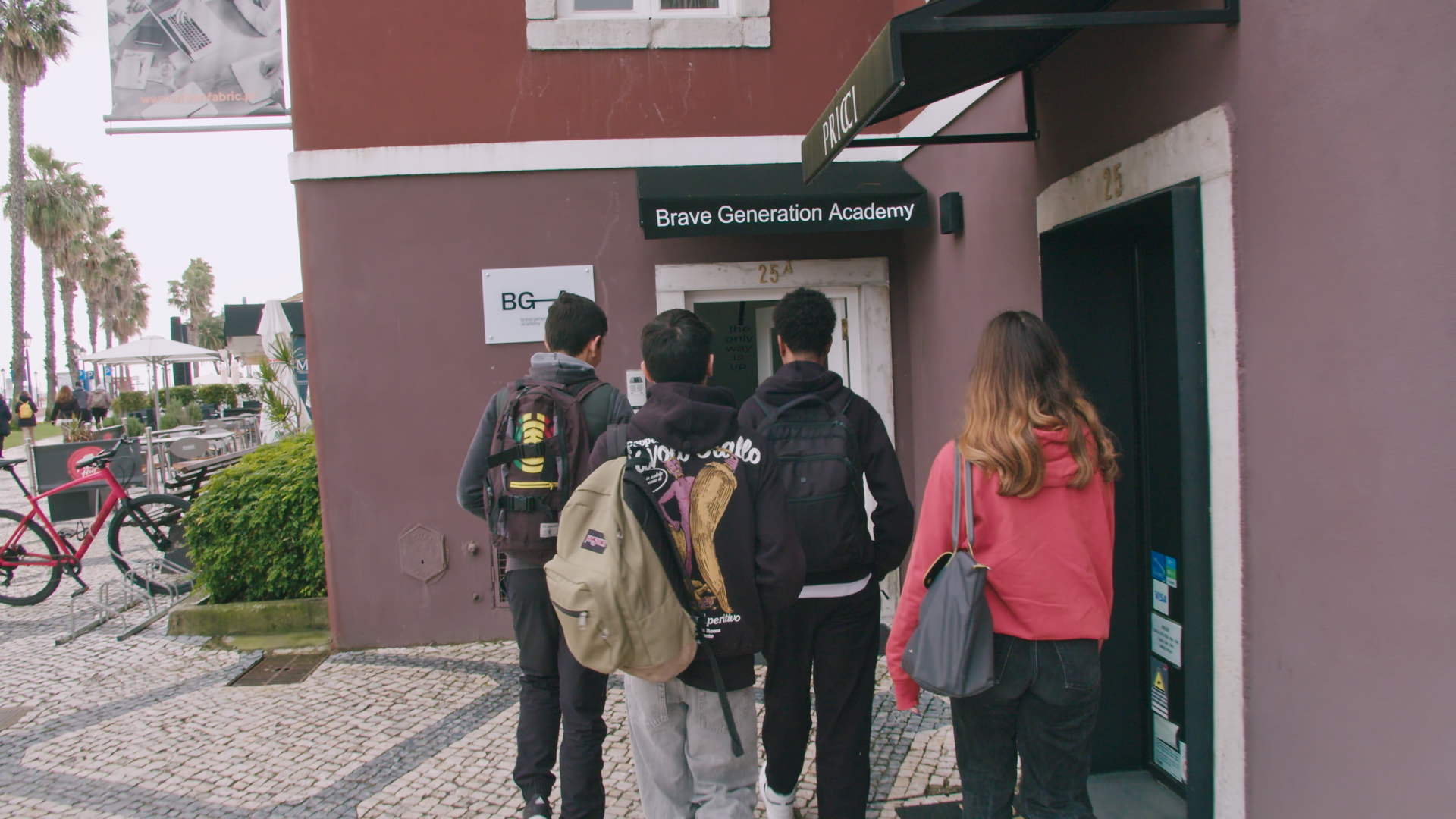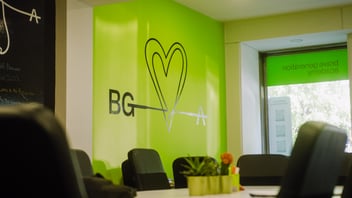Schools of the twenty-first century cannot continue to be about teachers that center the knowledge on themselves and whose role is to pass it on to students.
Before the industrial era, back in the days of the first philosophers, it wasn’t like that. They debated, thought, reflected, and in this creative process, new ways of thinking developed.
In an attempt to make knowledge available to everyone, education was standardized, and with that, we lost the creative process.
But, in this fast-paced world, where change and evolution occur at such a rapid pace, how can school not evolve and change? It should be anticipating, creating new generations, and preparing them to build a new world.
Better politicians, better lawyers, and better economic, political, and social systems. Sustainable systems and yet we are still discussing systems that have proven to fail. Because we’re petrified of change. We’re not brave enough to try something new.
But we can’t keep living by looking back, at the risk of not having a future. This is not catastrophic. It’s realistic.
The role of the school is to stimulate an interest in continuous learning, curiosity, critical thinking, collaborative work, creativity, initiative, and thinking outside the box, enhancing each individual’s potential as the world strives for diversity.
It’s not the school of the future that needs to be different. It’s today’s schools that need to be different so we can have a future.
Sofia Borges
Pedagogical Coordinator




Leave a Comment